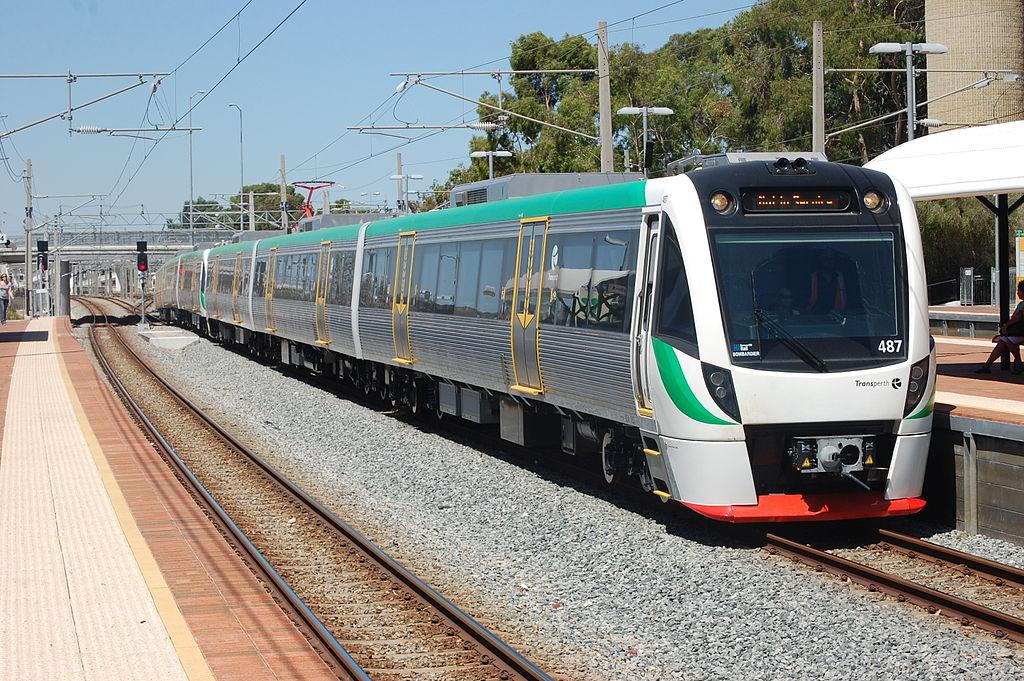The Western Australian Labor government has been criticised for dismissing security concerns by awarding a A$136 million ($101 million) contract to the controversial Chinese telecommunications company Huawei.
The news that the lucrative contract had been won was first released by the Huawei itself in a news release on July 6. The telecommunications giant is in a joint venture with Sydney-based UGL to build a 4G communications network across Perth’s train network, including the yet-to-be-completed Forrestfield Airport Link twin tunnels.




